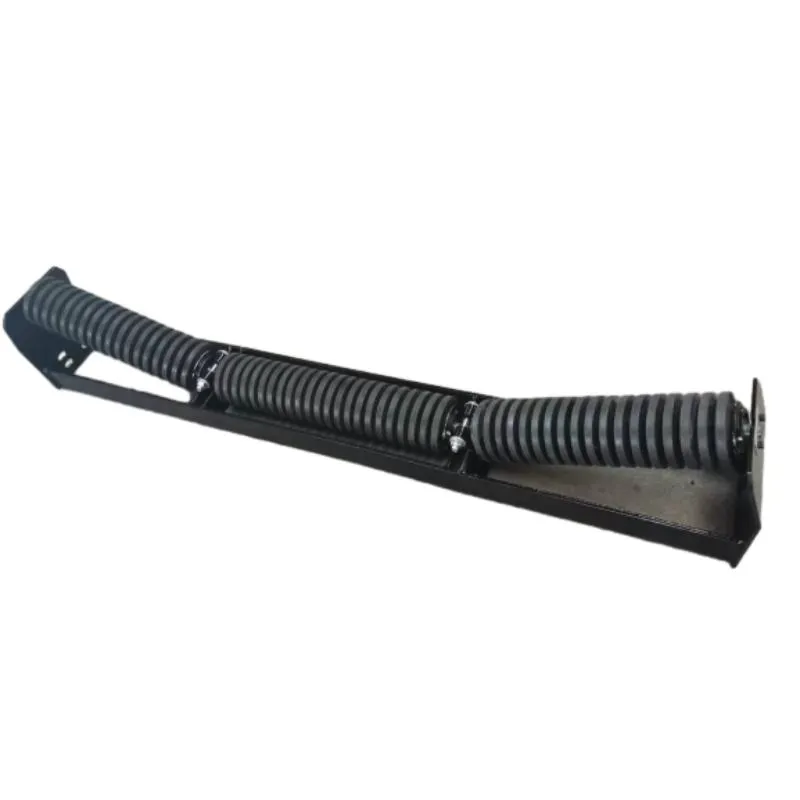 Afrikaans
Afrikaans  Albanian
Albanian  Amharic
Amharic  Arabic
Arabic  Armenian
Armenian  Azerbaijani
Azerbaijani  Basque
Basque  Belarusian
Belarusian  Bengali
Bengali  Bosnian
Bosnian  Bulgarian
Bulgarian  Catalan
Catalan  Cebuano
Cebuano  Corsican
Corsican  Croatian
Croatian  Czech
Czech  Danish
Danish  Dutch
Dutch  English
English  Esperanto
Esperanto  Estonian
Estonian  Finnish
Finnish  French
French  Frisian
Frisian  Galician
Galician  Georgian
Georgian  German
German  Greek
Greek  Gujarati
Gujarati  Haitian Creole
Haitian Creole  hausa
hausa  hawaiian
hawaiian  Hebrew
Hebrew  Hindi
Hindi  Miao
Miao  Hungarian
Hungarian  Icelandic
Icelandic  igbo
igbo  Indonesian
Indonesian  irish
irish  Italian
Italian  Japanese
Japanese  Javanese
Javanese  Kannada
Kannada  kazakh
kazakh  Khmer
Khmer  Rwandese
Rwandese  Korean
Korean  Kurdish
Kurdish  Kyrgyz
Kyrgyz  Lao
Lao  Latin
Latin  Latvian
Latvian  Lithuanian
Lithuanian  Luxembourgish
Luxembourgish  Macedonian
Macedonian  Malgashi
Malgashi  Malay
Malay  Malayalam
Malayalam  Maltese
Maltese  Maori
Maori  Marathi
Marathi  Mongolian
Mongolian  Myanmar
Myanmar  Nepali
Nepali  Norwegian
Norwegian  Norwegian
Norwegian  Occitan
Occitan  Pashto
Pashto  Persian
Persian  Polish
Polish  Portuguese
Portuguese  Punjabi
Punjabi  Romanian
Romanian  Russian
Russian  Samoan
Samoan  Scottish Gaelic
Scottish Gaelic  Serbian
Serbian  Sesotho
Sesotho  Shona
Shona  Sindhi
Sindhi  Sinhala
Sinhala  Slovak
Slovak  Slovenian
Slovenian  Somali
Somali  Spanish
Spanish  Sundanese
Sundanese  Swahili
Swahili  Swedish
Swedish  Tagalog
Tagalog  Tajik
Tajik  Tamil
Tamil  Tatar
Tatar  Telugu
Telugu  Thai
Thai  Turkish
Turkish  Turkmen
Turkmen  Ukrainian
Ukrainian  Urdu
Urdu  Uighur
Uighur  Uzbek
Uzbek  Vietnamese
Vietnamese  Welsh
Welsh  Bantu
Bantu  Yiddish
Yiddish  Yoruba
Yoruba  Zulu
Zulu rubber belt cleaner
The Importance of Rubber Belt Cleaners in Industrial Settings
Rubber belt cleaners play a critical role in maintaining the efficiency and longevity of conveyor systems across various industrial sectors. These systems are integral to the transportation of materials, from mining operations to food processing and manufacturing. When not properly maintained, rubber belts can accumulate dirt, debris, and other contaminants, leading to various operational issues. This is where rubber belt cleaners come into play.
Conveyor belts are designed to carry heavy loads over long distances, and they are often subjected to harsh environments. Whether it’s the abrasive particles from a quarry or the sticky residues from food production, these materials can adhere to the belt surface. Over time, accumulation can cause premature wear, loss of efficiency, and even belt failure. Rubber belt cleaners help combat these challenges by effectively removing material build-up, ensuring optimal belt performance.
One of the primary benefits of using rubber belt cleaners is the enhancement of safety in the workplace. Accumulated materials on conveyor belts can create slipping hazards for workers and can lead to accidents. By keeping belts clean, these cleaners mitigate the risk of injuries, fostering a safer working environment. Furthermore, regular cleaning helps prevent material spillage, which can lead to costly clean-up operations and potential compliance issues with environmental regulations.
rubber belt cleaner

The efficiency that rubber belt cleaners provide also translates into economic benefits for businesses. When conveyor systems operate at peak efficiency, they contribute to reduced energy consumption and lower maintenance costs. A clean belt reduces friction, enabling the system to run smoother and requiring less power to operate. Moreover, by extending the lifespan of the conveyor belts, companies can save on the costs associated with replacements and repairs.
Notably, rubber belt cleaners come in various designs to suit different conveyor configurations and material types. Mechanical cleaners, typically made of durable materials, can scrape or brush away debris effectively. In contrast, chemical cleaners can be used to dissolve tougher residues, ensuring that the conveyor belts remain in optimal condition. The choice of cleaner often depends on the specific application and the type of material being transported.
In conclusion, rubber belt cleaners are indispensable tools in many industries where conveyor systems are prevalent. They improve operational efficiency, enhance safety, and contribute to cost savings by prolonging equipment life. By investing in effective belt cleaning solutions, businesses not only achieve better performance but also create safer and more productive work environments. Embracing maintenance strategies that include regular use of rubber belt cleaners is essential for any organization looking to optimize their conveyor operations.
-
Revolutionizing Conveyor Reliability with Advanced Rubber Lagging PulleysNewsJul.22,2025
-
Powering Precision and Durability with Expert Manufacturers of Conveyor ComponentsNewsJul.22,2025
-
Optimizing Conveyor Systems with Advanced Conveyor AccessoriesNewsJul.22,2025
-
Maximize Conveyor Efficiency with Quality Conveyor Idler PulleysNewsJul.22,2025
-
Future-Proof Your Conveyor System with High-Performance Polyurethane RollerNewsJul.22,2025
-
Driving Efficiency Forward with Quality Idlers and RollersNewsJul.22,2025





























